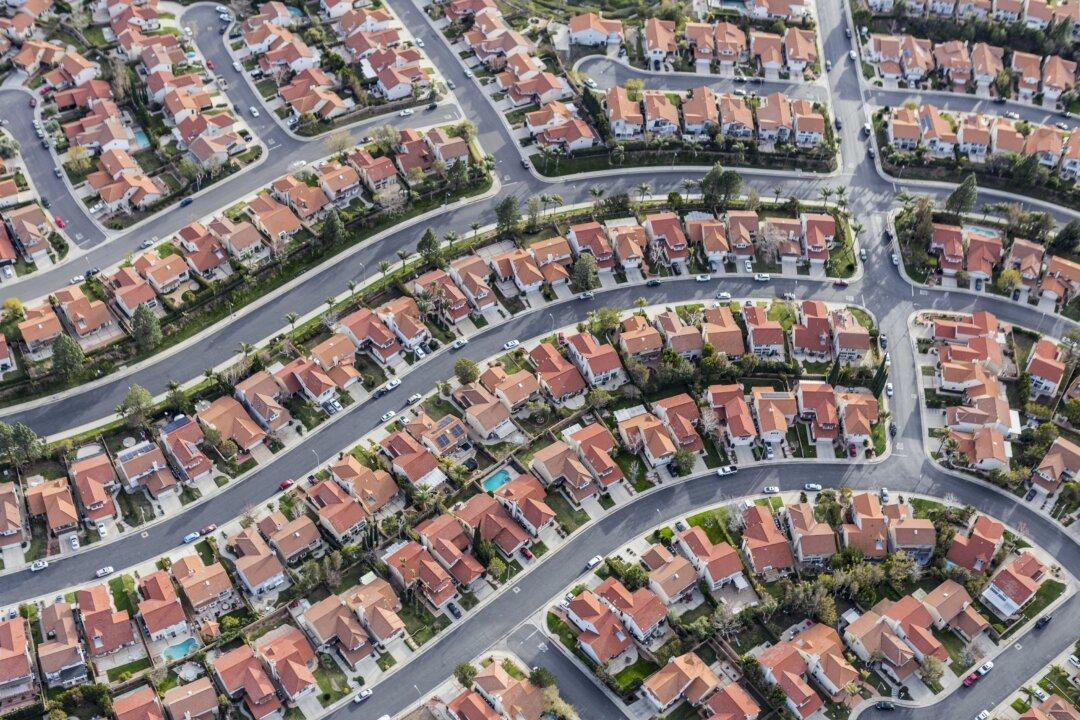A question almost everyone will ask at some point in their life is what class is their income level. While few people like to think that they are living below the poverty line, not many are going to be able to become what is considered upper class. Most people, it seems, like to know that at least they are middle class.
Every so often reports come out from the Pew Research Center that reveal the changing numbers that determine which income class you are in. Inflation rates and issues such as COVID-19 are now affecting these numbers every year.






